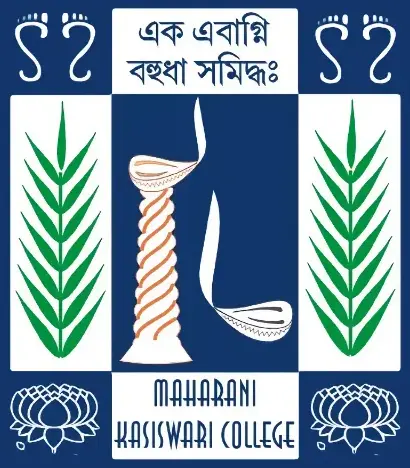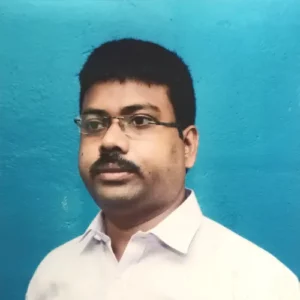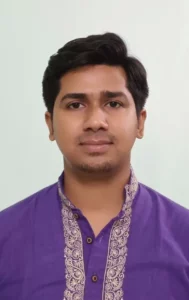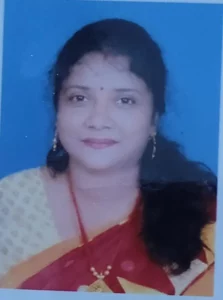Departmental Profile
- From the early dawn of our College SANSKRIT DEPARTMENT is one of the contributory parts for its academic journey.
- From the shelf of College’s record, it had conceived its first curriculum having General Section affiliated to the University of Calcutta.
- From the very beginning of said course, Honours Section came into pipeline after a while.
- From the desk of pioneer, Prof. Sarojendranath Bhanja played his masterstroke to inaugurate the Honours section in the year 1967.
- From then, conservative and educated families of North Calcutta and its suburban areas wholeheartedly welcomed this department for their daughters’ education.
- From that point of view, the College Authority debuted one after one updated system of teaching learning and job orientation to nurture our beloved students.
- From the forms of feedback, it is our pride that, our department received the guard of honour as Department of Sanskrit: Response of the Responsibility.
Teaching Learning Techniques
Traditional Methods
- Chanting and Recitation: Chanting and reciting Sanskrit texts, such as the Bhagavad Gita, to improve pronunciation and memorization.
- Shloka Recitation: Reciting Sanskrit shlokas (verses) to improve memory, pronunciation, and understanding of Sanskrit literature.
- Chalk and Talk: Direct interaction with students to understand subject matter clearly.
Modern Methods
- Soft Skill Development: Initiating Spoken Sanskrit course-work to improve Sanskrit language skills, such as listening, speaking, reading, and writing.
- Digital Resources: Using digital resources, such as online dictionaries, thesauri, and language learning apps, to supplement traditional teaching methods.
- LMS: Implementing the LMS approach, where students get information and relevant study materials through this system.
Activity-Based Learning
- Seminars and Workshops: Conducting seminars and workshops on Sanskrit language, literature, and culture to promote interdisciplinary learning and research.
- Educational Visit: Organizing study visit to promote Sanskrit culture and heritage.
Assessment and Evaluation
- Continuous Assessment: Using continuous assessment methods, such as assignments, and class tests, to evaluate student learning and understanding.
- Tutorial-Based Evaluation: Evaluating student learning through tutorial-based assessments.
Remedial Class System
- Conducting remedial classes for weak learner students to prepare them for final examinations.
Mentor-Mentee Method
- Initiating mentor-mentee system to recover students from socio-economic and psychological crisis related to their ongoing completion of syllabus.
- To encourage students to achieve higher studies and placement related avenues.
Program & Course Outcome
SWOC
Strengths
- Experienced Faculty Members
- Rich Library Resources
- Cultural and Academic Events
Weakness
- Limited awareness of subject
- Low Student Enrollment
- Limited Infrastructure
Opportunities
- Growing Demand for Sanskrit at Teaching Profession in all over India.
- Digitalization of old Manuscripts for its antiquity and Online Platforms.
- Collaborations and Partnerships.
- Research Funding.
- Community Engagement.
Challenges
- Competition from Other Departments.
- Limited Resources.
- Changing Student Interests.
- Maintaining Academic Standards.
- Balancing Traditional and Modern Approaches.
Future Plans of the Department
- Curriculum Revision for interdisciplinary approaches to Sanskrit studies.
- Enhance Student Engagement in Sanskrit studies.
- Increase Community Outreach to promote Sanskrit language and literature.
- Develop Research Initiatives & Research Journal including interdisciplinary and collaborative projects.
- Make Digital Resources to support teaching, learning, and research in Sanskrit studies.
- Develop Alumni Engagement to support career development.
- Establish a Language Training Centre in Sanskrit.
- Initiate a course work related to Lady Purohit for job orientation.








